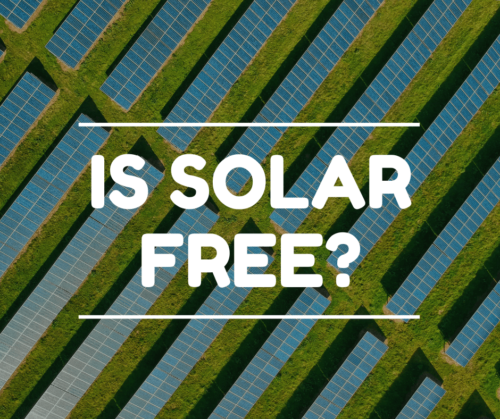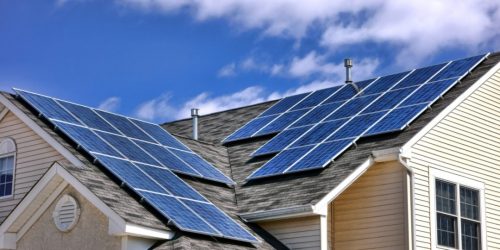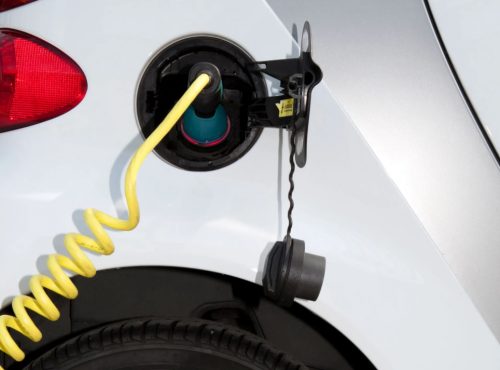The pivotal role solar water pumping systems can play in the efforts to provide clean water to those most vulnerable can be a game changer.
Touted as the most solid and urgent report released to date, the UN’s recent Intergovernmental Panel on Climate Change’s (IPCC) Special Report revealed that climate change is widespread, rapid and intensifying.

UNICEF predicts that by 2040, if drastic measures aren’t taken, almost 1 in 4 children will live in areas of extremely high water stress.
As the numbers currently stand, a staggering 784 million people live without basic access to clean water, roughly 1 in 10 people on earth, and Sub-Saharan Africa are experiencing the slowest rate of progress toward water security in the world.
Aside from the detrimental impact on health this lack of water carries, it is also a crucial input for agricultural production and food security.
Agriculture is at the heart of Africa’s economy and has an extensive social footprint. It accounts for 14% of the total GDP in sub-Saharan Africa, as well as the majority of employment for the continent’s population. But, due to increasing water scarcity, Africa is simply not able to reach its full agricultural potential, leaving many to face the negative impact of climate change without any help. Serious adverse effects on food security and on livelihoods at the regional, national and individual household levels are becoming increasingly prevalent.
The challenges faced by low-income countries are, among others, a lack of funding, education and infrastructure to take action. But as governments feel the pressure to ramp up their climate change strategies in the wake of the IPCC report, renewable energy should be our immediate answer to Africa’s water crisis and it’s in the form of solar power.
Solar powered water systems offer a cost-effective and sustainable way for communities to access safe and clean water which is becoming ever more critical to rural African communities. Clean water can exponentially limit the transmission of diseases such as cholera, diarrhoea, dysentery, hepatitis A, typhoid and polio.
With access to clean water, communities are healthier, women and children are freed of the burden of collecting water and now have the opportunity to attend school and/or establish income-generating businesses such as farming, brickmaking and much more.
In terms of farming, when local grids are unreliable or in some cases non-existent, solar-powered and efficient drip-irrigation, for example, is increasing farm-level incomes by five to 10 times, improving yields by up to 300% and reducing water usage by up to 90%. This has incredible economic impact for communities relying on farming to keep themselves sustained and bring in life-changing revenue.
Just a few solar panels can transform communities. Solar energy can address many critical gaps and challenges associated with climate change policies, and in turn, socioeconomic growth.
“At Innovation: Africa we have seen first-hand the impact that solar water pumping systems and access to clean water can have. Providing communities with reliable access to clean water changes everything, allowing them to lead healthier and more secure lives. The technology exists, the cost is minimal and the impact is truly transformative. We have seen It across the 500 villages we have already helped. There is no doubt that capturing energy from the sun to pump clean water is the only efficient solution to making a real change and to fighting today’s climate change and challenges” explains Ya’ari.
So why, despite having the best solar resource in the world available at a fraction of the cost, are so many African countries continuing to falter? Many have already succeeded in making the necessary advancements to scale up renewables, such as adopting support policies and promoting investment and regional collaboration. But most of the continent is still severely lagging on the renewable energy front.
The time is now for African countries to reimagine their energy policies and commit to bringing solar power to rural communities. The IPCC report has been described as a code red for humanity, but it should rather serve as a green light for reimagined energy and water policies.
Source: zimeye.net, Sivan Ya’ar (Truncated for salient material)
Image credit: Pixabay




